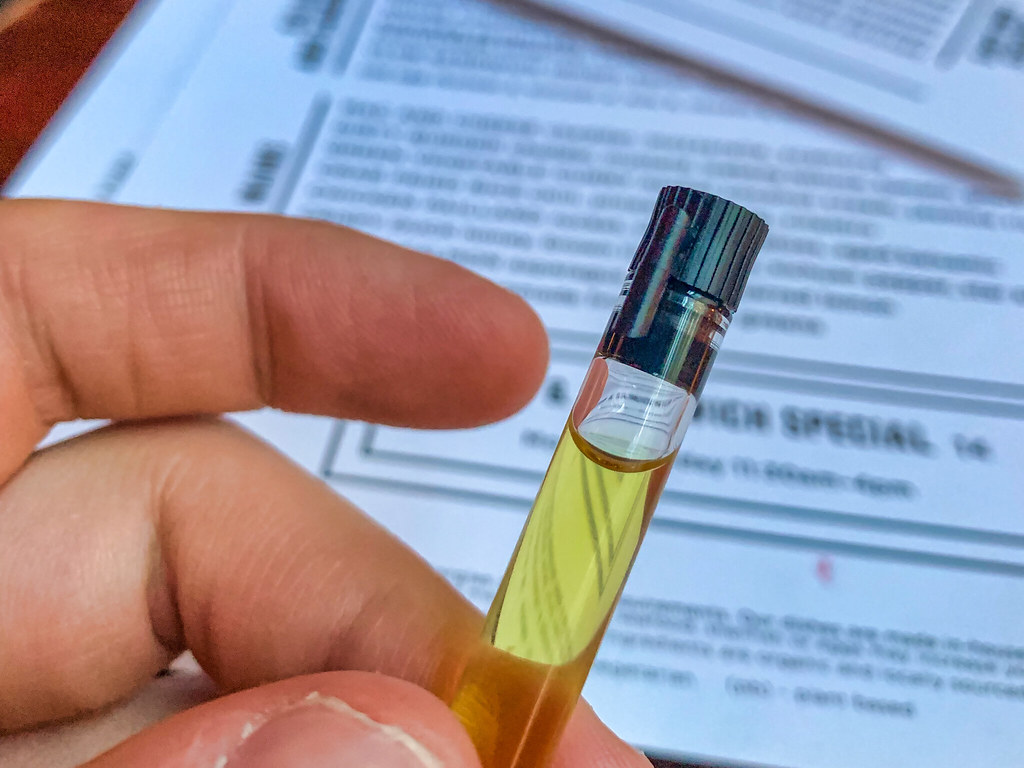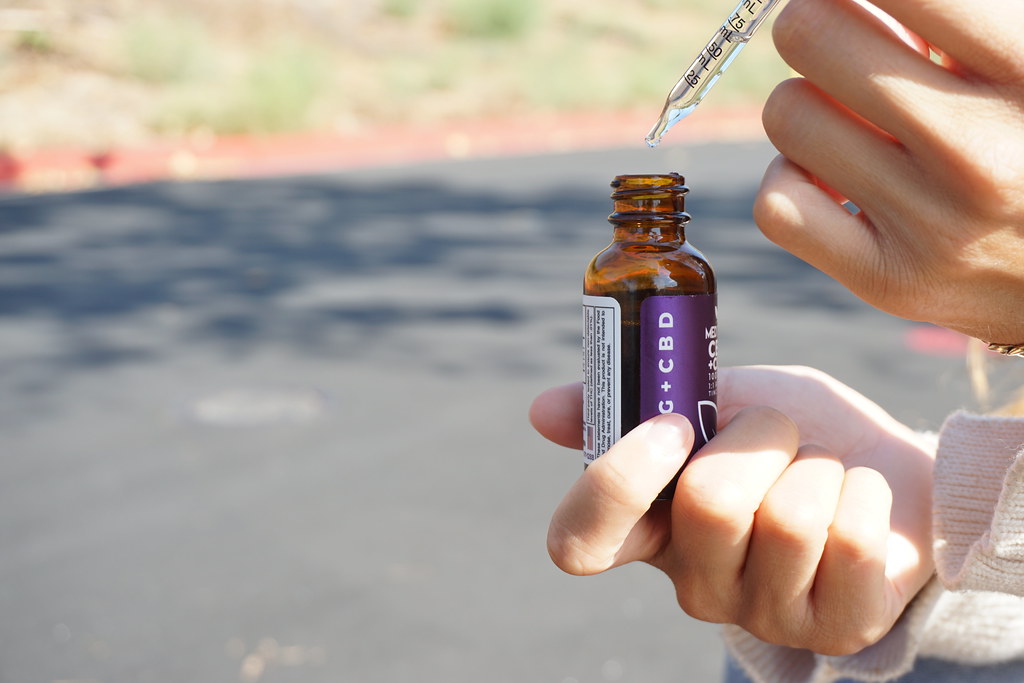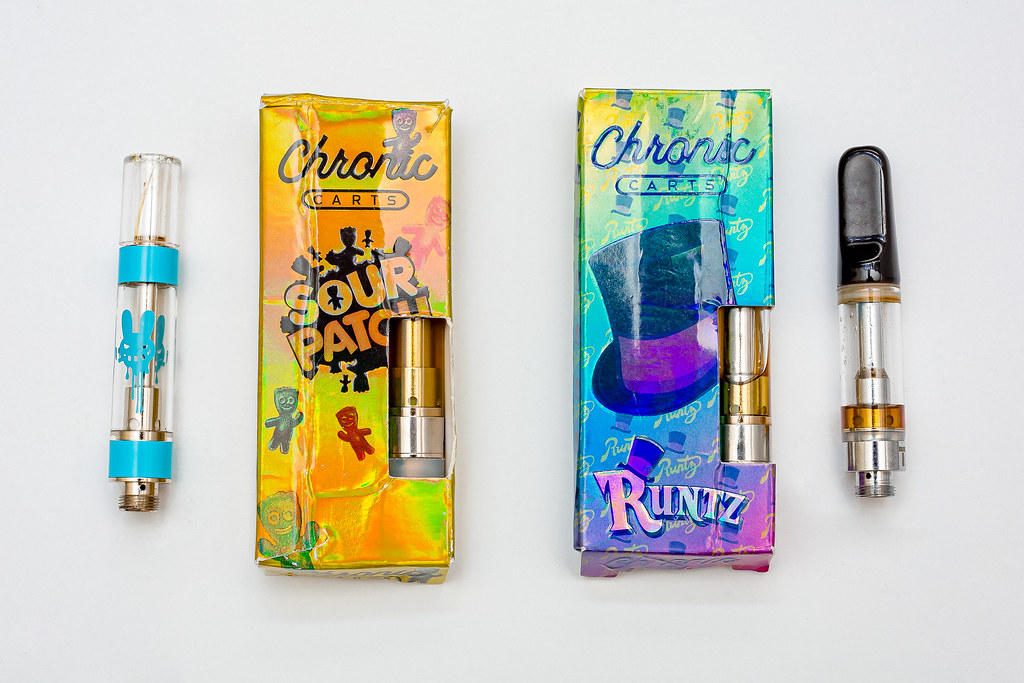
Is CBD Snake Oil? Separating Fact from Fiction
The world of wellness and alternative medicine has witnessed a surge in interest in recent years, and CBD (cannabidiol) has been at the forefront of this trend. But amidst all the buzz, a pressing question remains: Is CBD merely a trendy, ineffective product, often referred to as “snake oil,” or is there substance behind the hype?
In this extensive exploration of CBD, we will address this question and unravel the mysteries surrounding CBD. We will cover its origins, the science that supports it, its potential benefits, and common misconceptions. By the end, you’ll have a comprehensive understanding of whether CBD is truly a valuable addition to your wellness routine.

Is CBD Snake Oil? Understanding CBD
Is CBD Snake Oil? – CBD Demystified
To grasp the essence of CBD, let’s start with the basics. CBD, or cannabidiol, is a chemical compound found in the cannabis plant. Unlike its counterpart, THC (tetrahydrocannabinol), CBD does not produce the characteristic “high” associated with cannabis use. Instead, it is renowned for its potential therapeutic properties.
The Science Behind CBD
Unveiling the Science – How CBD Works
Understanding CBD’s efficacy requires delving into its interactions with the endocannabinoid system (ECS), a complex cell-signaling system in the human body. CBD interacts with ECS receptors, which play crucial roles in regulating various bodily functions, such as pain perception, mood, and immune response.
CBD’s influence on these receptors has sparked interest in its potential to alleviate various ailments, from anxiety to chronic pain.
Benefits of CBD
Unlocking the Benefits – What CBD Can Do
1. Pain Management
CBD’s analgesic properties have been widely studied, showing promise in managing chronic pain conditions like arthritis and neuropathy.
2. Anxiety and Stress Reduction
Many users report experiencing reduced anxiety and improved stress resilience after using CBD products.
3. Sleep Improvement
CBD has the potential to improve sleep patterns, making it a natural remedy for insomnia sufferers.
4. Anti-Inflammatory Effects
Inflammation is a common factor in various health issues. CBD’s anti-inflammatory properties may contribute to reducing symptoms in conditions such as irritable bowel syndrome (IBS) and arthritis.
5. Epilepsy Treatment
Epidiolex, an FDA-approved CBD-based medication, has shown remarkable success in treating rare forms of epilepsy.

Common Misconceptions
Debunking Myths – Clearing Up CBD Misinformation
1. CBD Gets You High
One of the most persistent myths is that CBD induces a “high” similar to THC. In reality, CBD is non-psychoactive.
2. CBD is Addictive
CBD is not addictive, and users do not develop dependency or cravings associated with addictive substances.
3. CBD Cures All Ailments
While CBD offers potential benefits, it is not a magical cure-all. Its effects vary depending on the individual and the condition being treated.
4. All CBD Products are the Same
Not all CBD products are created equal. Quality varies among manufacturers, so it’s essential to choose reputable brands.
Is CBD Snake Oil? FAQs
Frequently Asked Questions
Q: Can I overdose on CBD? A: No, CBD has a high safety profile, and overdosing is extremely rare. However, it’s advisable to follow recommended dosages.
Q: How long does it take for CBD to work? A: The onset of CBD effects varies but is typically within 30 minutes to two hours.
Q: Is CBD legal everywhere? A: CBD’s legal status varies by location. It is federally legal in many countries, including the United States, but state laws can differ.
Q: Are there any side effects of CBD? A: Side effects are generally mild and include dizziness and dry mouth. They tend to subside with time.
Q: Can CBD interact with medications? A: CBD can interact with certain medications, so it’s crucial to consult a healthcare professional if you’re taking prescription drugs.
Q: Will CBD show up on a drug test? A: CBD is generally not tested for in standard drug tests, as it is non-psychoactive. However, some tests may detect trace amounts of THC, so be cautious with full-spectrum products.
Conclusion
In conclusion, the question, “Is CBD snake oil?” demands a nuanced answer. CBD is far from being snake oil; it is a compound with real potential benefits, supported by scientific research and countless user testimonials. However, like any wellness product, it’s essential to approach CBD with informed skepticism, choosing high-quality products and consulting healthcare professionals when needed.
As the CBD industry continues to evolve, separating fact from fiction will remain crucial. Whether you’re considering CBD for pain relief, stress management, or overall well-being, understanding the science behind it and dispelling myths is the first step toward making an informed decision.



Leave a Reply